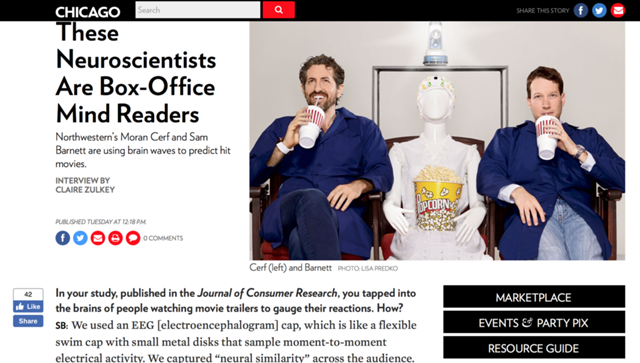 I've had a busy couple months work-wise which is cool. I'm grateful that a lot of it involves stuff that is a pleasure to research. I worked with this woman named Carrie when I was at the University of Chicago. I liked Carrie for a lot of reasons but something I especially admired about her was how she fell into these research black holes when she worked on a story. You wouldn't see her for a few days because she'd be in the archives or reading her subjects' books or whatever. I wanted to be like that. Obviously, as a journalist you must research, but most of the time for me, research was something I barreled through to get to the next point--to the interview, or to the writing of the piece. Maybe I just needed to get a little bit older, maybe I needed to have the more relaxed schedule I do, or maybe I just needed the right stories.
I've had a busy couple months work-wise which is cool. I'm grateful that a lot of it involves stuff that is a pleasure to research. I worked with this woman named Carrie when I was at the University of Chicago. I liked Carrie for a lot of reasons but something I especially admired about her was how she fell into these research black holes when she worked on a story. You wouldn't see her for a few days because she'd be in the archives or reading her subjects' books or whatever. I wanted to be like that. Obviously, as a journalist you must research, but most of the time for me, research was something I barreled through to get to the next point--to the interview, or to the writing of the piece. Maybe I just needed to get a little bit older, maybe I needed to have the more relaxed schedule I do, or maybe I just needed the right stories.
Anyway here are three that came out within the last week!
7 Ways Being A Mom Makes Me Better At My Job: Fast Company
Being a working mom is exhausting and I say that as somebody with pretty much every single childrearing privilege you can imagine. However I think it's actually been better for my career. Obviously it's given me a LOT of material and it does give me something in common to talk about with a lot of people. The idea of having a better work life post-parenthood was in my head and then my friend Catherine Merritt raised it in a sort of brainstorming conversation and said she had a lot of friends who felt similarly so I was like, this is a piece. I wanted to do something that affirmed that you can be pretty happy at home and pretty at work--if you're lucky. I did interview one woman who said "I choose to be happy; I don't invite stress into my life" and I want to call her back to have a separate conversation on how she does that.
These Neuroscientists Are Box-Office Mind Readers: Chicago Magazine
I do these types of Q&As for Chicago Magazine sometimes and I really enjoy them--but this was harder than most. First, I've never done two people before, so that's challenging for a 400 word piece. On top of that, they did this type of brain-reading experiment that took space to explain. And then they each wear a bunch of hats: between the two of them they're a professor, a former hacker, a screenwriting teacher, a hedge fund child prodigy, a PhD student and tennis pro. So that left like 10 words left. On top of it when I interviewed them I was all scared about Artificial Intelligence. It was a challenge to figure out how to make it all fit.
The Life Cycle of Art What happens when the Teen Arts Council takes the wheel: UChicago Arts
I wrote this for the University of Chicago about a group of teens on the south side curating an art show from soup to nuts. It was edifying to hear how weary they were of working on art projects that encourage them to address violence in their community. I went down there twice to see the show before it went up and then once it was open to the public. The teens I interviewed were so impressive. They were honest and thoughtful. Usually when I'm done with an interview I ask the interview subject if there's anything they want to ask me and often they say no but these high schoolers asked me about my career writing and how you network and stuff. I'm not saying I know everything but I thought that was super mature of them or at the very least I was flattered that somebody just asked me about myself.
